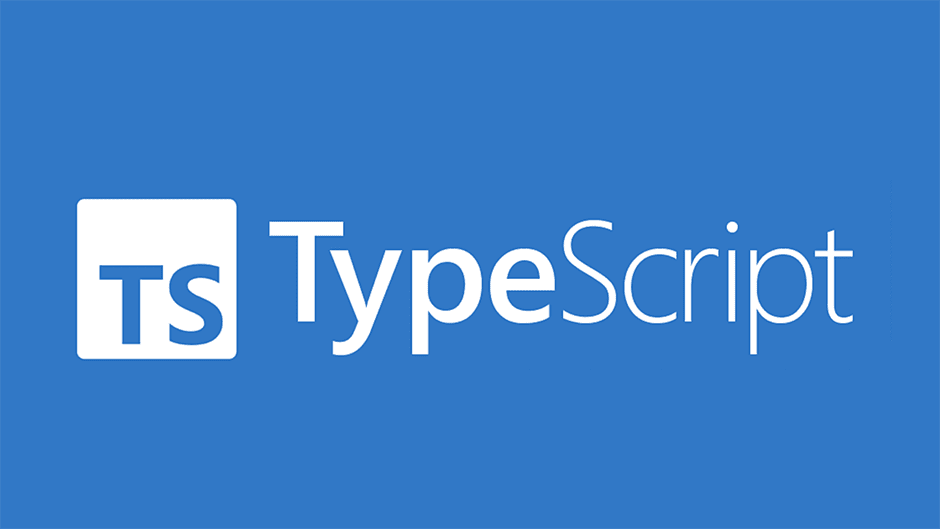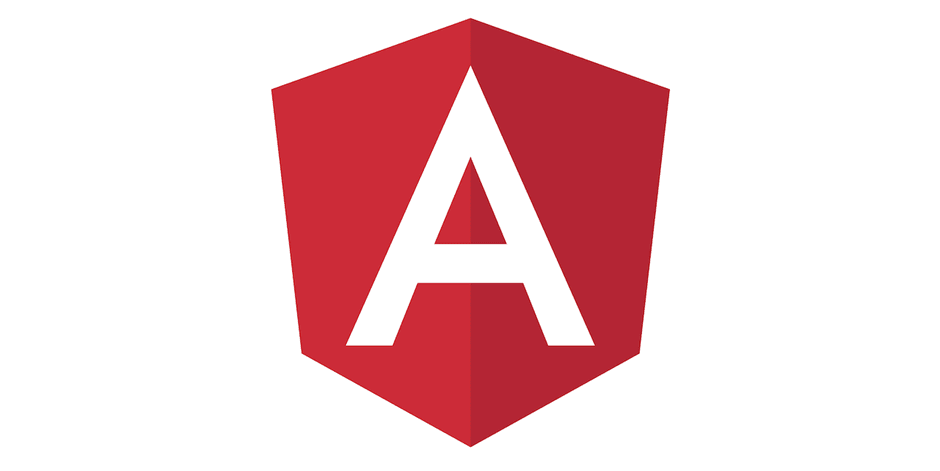Since roughly ten years ago, there has been the Angular framework. Google introduced it and uses it to create reliable software. The same group that developed the AngularJs framework also built this one. Among various web app development frameworks, Angular is the most widely used and is ranked in the top five. We will learn some important facts about Angular today, including its advantages and disadvantages, to assist you to decide whether or not to use it for your upcoming project.
What Do We Know About Angular?
A JS-based, open-source, software engineering framework for creating user interfaces, Angular is endorsed by Google (front-end). AngularJS was created in 2009 by Google developers Adam Abrons and Misko Hevery and it was formally launched in 2010. It aids in the creation of effective, single-page, cross-platform apps. If you’re going to create your project, you might need a competitive team of Angular developers: https://relevant.software/dedicated-team/.
What Are the Pros of Angular?
Entering the new world under the influence of its main rival React was the primary issue with Angular. And there is a lot of disagreement over whether to adopt Facebook's structure or Google's. When choosing the right tool for your next project, keep this rivalry in mind. Let's now examine the technology's primary advantages for the engineering community.
1. Server Response
The Angular framework has a ton of features that improve CPU speed. Angular is speedier than other frameworks since everything is type-safely written using TypeScript. In addition, it comes pre-installed with support for some toolkits and caching, both of which help to enhance server-side efficiency.
2. Elements of Angular
With the Angular 6 release, let's say your app development firm is working on several projects at once that aren't all in Angular. The Angular elements can then be used to engineer different contexts. It doesn't matter if the applications were created with jQuery, React, or Vue.js. The Angular components can be used.
3. Scalability
Scaling the Angular framework is simple. With Angular, you can create pluggable modules for your app that are self-contained, lazy loading, testable, have a consistent data flow, and have management that is similar to redux. You may collaborate effectively on a separate codebase with larger teams by adhering to the Angular architecture. If you want to create a quality product, it’s a good idea to hire angular developers.
4. TypeScript
TypeScript, the language used in Angular, completely compiles JavaScript while also making it easier to discover and fix common typing errors. Small JavaScript projects don't need this improvement, but enterprise-scale systems force developers to write cleaner code and check its accuracy more frequently.

5. Google Assistance and Guidance
Some software developers view Angular's partnership with Google as a significant benefit in and of itself. The internet behemoth utilizes the framework to create its inner tools and websites aimed at the general public. To assist everyone in mastering the technology, it continuously publishes updates, provides developers with strong technical assistance, and maintains transparent, in-depth documentation.
What Are the Downsides?
If you've been paying attention to the discussion and hype surrounding Angular, you may be aware of the amount of criticism the technology receives. Well, nothing is perfect. Let's look at the primary negatives that should also be taken into account.
1. Difficult to Learn
In comparison to equivalent React or Vue onboarding, learning and using new Angular will be challenging for newly hired developers who are comfortable with JavaScript. There is a wide range of subjects and facets that need to be covered: modules, dependency injection, which we already stated, templates, components, services, etc.
2. Massive Weight of Framework
Like React and Vue, there are numerous lightweight frameworks with various architectures available. Because they are compact frameworks, it is simple to operate a seamless application on them. However, when it comes to Angular, is a somewhat bulky and heavyweight framework.
3. Migration
Enterprises shy away from using Angular since it is challenging to migrate jQuery/legacy js to the style architecture of Angular. Additionally, Angular has a quick development lifecycle, which leads to the release of the latest versions of Angular often. As a result, app developers frequently acquire new feature knowledge.
Conclusion
In general, due to its ability to generate complex applications, Angular is among the most utilized and well-liked frameworks among app developers. It deserves its popularity because it has a lot of worthy features to offer to a user. However, like any other software, it also has its disadvantages.








